What's new with Google Cloud for 2024
By Alex Hawkes|6 February, 2024
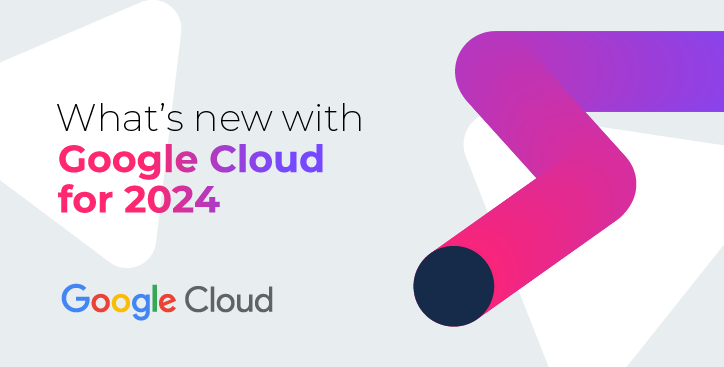
Google Cloud, the number three player in the global IaaS and PaaS sectors, secured a market share of 10% towards the end of 2023 with similar commitments to AI that we’re seeing across the cloud provider board.
Although growth at Google Cloud hit 24% year-on-year in Q3, according to Canalys, performance was lower than expectations as the cloud provider struggled more than its peers with the delayed impact of enterprise’ IT cost-cutting measures.
Google Duet AI brings AI collaboration to the masses
All three of the cloud leaders have followed a similar trajectory through 2023, culminating in a significant focus on generative AI as the next big cloud trend and the next big cash cow.
Google’s flagship event, Google Cloud Next, took place towards the end of the year and brought together an arsenal of AI-related announcements.
Powered by Google's generative-AI foundation models, Duet AI for Google Cloud is an always-on AI collaborator that provides assistance to users wherever they need it. The AI assistant was initially integrated within Google Workspace, but has been expanded to offer AI assistance across a broad spectrum of Google Cloud products and services.
This includes serving as a coding assistant, an expert advisor for troubleshooting, a data analyst for quicker insights, and a security advisor for cyber threat prevention.
In line with activities from its peers, Google Cloud also introduced the Generative AI Partner Initiative, as it seeks to grow its partner ecosystem to drive enterprise adoption of its AI solutions, including Duet AI, and by facilitating the integration of partner-developed AI models into Google Cloud.
Google Vertex sees enhancements
In terms of support for enterprise LLMs, AWS has Bedrock, Azure has OpenAI, and Google Cloud has Vertex. Enhancements to the Vertex AI platform in 2023, included updates to Vertex AI Search and Conversation tools, PaLM 2, Imagen, and Codey upgrades.
Google Cloud also announced digital watermarking powered by Google DeepMind SynthID, offering technology for embedding watermarks directly into images.
Vertex AI now allows organisations to tap into over 100 foundation models, offering a comprehensive AI platform for developing, deploying, and scaling machine learning models.
In December, Gemini, Google’s most capable model, became available on Vertex AI, empowering developers to build new and differentiated applications that can process information across text, code, images, and video.
Improving healthcare and medicine are among the most promising use cases Google sees for artificial intelligence, and the company recently introduced MedLM, a family of foundation models fine-tuned for healthcare industry use cases.
MedLM is now available to Google Cloud customers in the US through an allowlisted general availability in the Vertex AI platform. MedLM is also currently available in preview in certain other markets worldwide and these models have been informed by specific healthcare and life sciences customer needs, such as answering a healthcare provider’s medical questions and drafting actionable summaries.
Cross-Cloud Interconnect for multi-cloud facilitation
Around mid-year, Google announced a significant expansion to its Cloud Interconnect portfolio with Cross-Cloud Interconnect, which enables businesses to connect any public cloud with Google Cloud through a secure, high performance network.
As the challenger brand to the dominance of AWS and Azure, Google has long been a proponent of multi-cloud compatibility, actively helping organisations to run applications on multiple clouds, simplify SaaS networking in a multi cloud environment, and migrate workloads from one cloud to another.
Essentially, this makes it much easier for users of competing products to migrate to Google Cloud. Cross-Cloud Interconnect from Google is now generally available in many global locations for customers connected to AWS, Microsoft Azure, Oracle Cloud Infrastructure, and Alibaba Cloud.
New Google Cloud regions added in 2023
Already in 2024 Google Cloud has announced the activation of the Johannesburg cloud region in South Africa, giving businesses of all sizes across the continent access to high-performance, secure and low-latency cloud services.
The Google Cloud region in Johannesburg is expected to accelerate the African tech ecosystem, providing organisations with the resources they need to scale, innovate, and compete in the global marketplace.
With the addition of the Johannesburg region, the Google Cloud network now totals 40 cloud regions and 121 zones, which together deliver Google Cloud services to over 200 countries and territories worldwide, with 187 network edge locations.
In 2023, Google Cloud added new regions in:
- Berlin (Germany)
- Doha (Qatar)
- Dammam (Saudi Arabia)
- Johannesburg (South Africa)
In 2024, Google Cloud will continue expanding into:
- Mexico
- Malaysia
- Thailand
- New Zealand
- Greece
- Norway
- Austria
- Sweden
As a trusted Google Cloud Interconnect partner, Console Connect offers extensive reach to Google Cloud locations worldwide using our own high-performance global network. Connect across the globe directly and privately with our easy-to-use self-service platform, and take advantage of the innovations Google is offering in 2024.
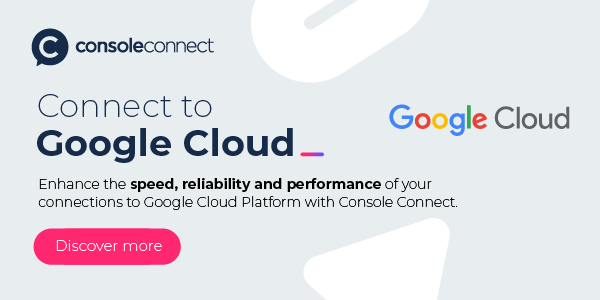
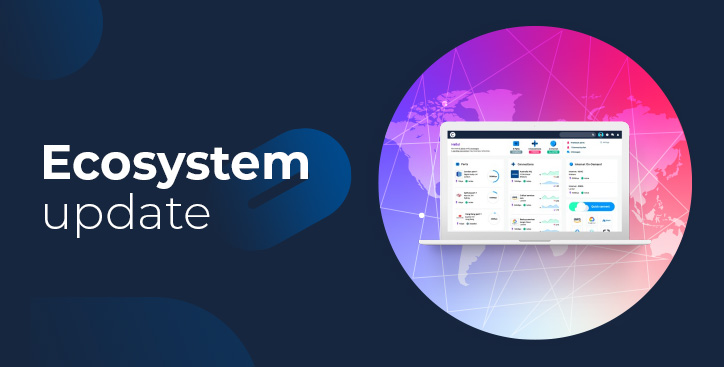
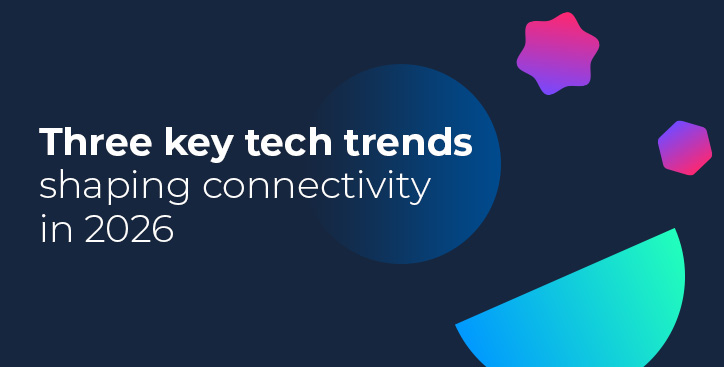
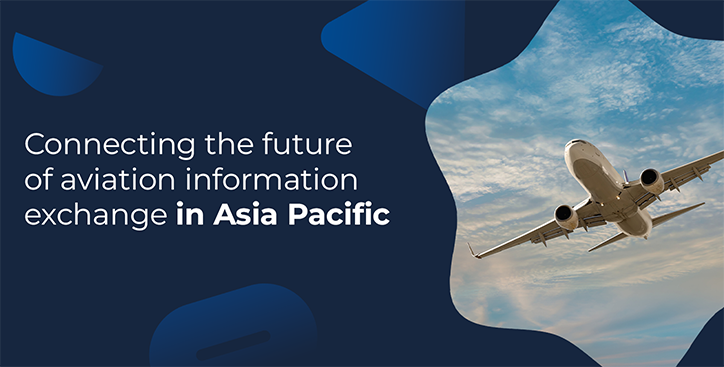
.jpg)
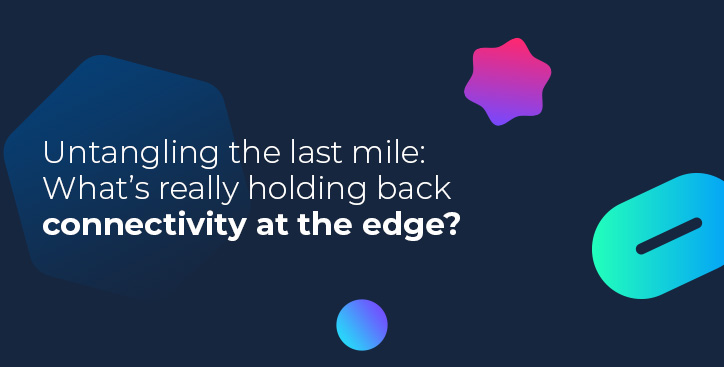
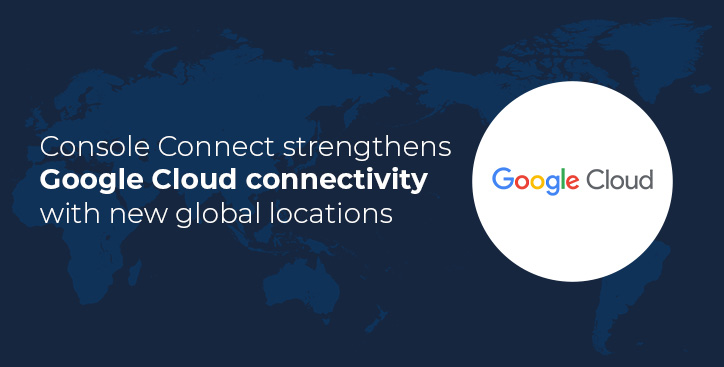
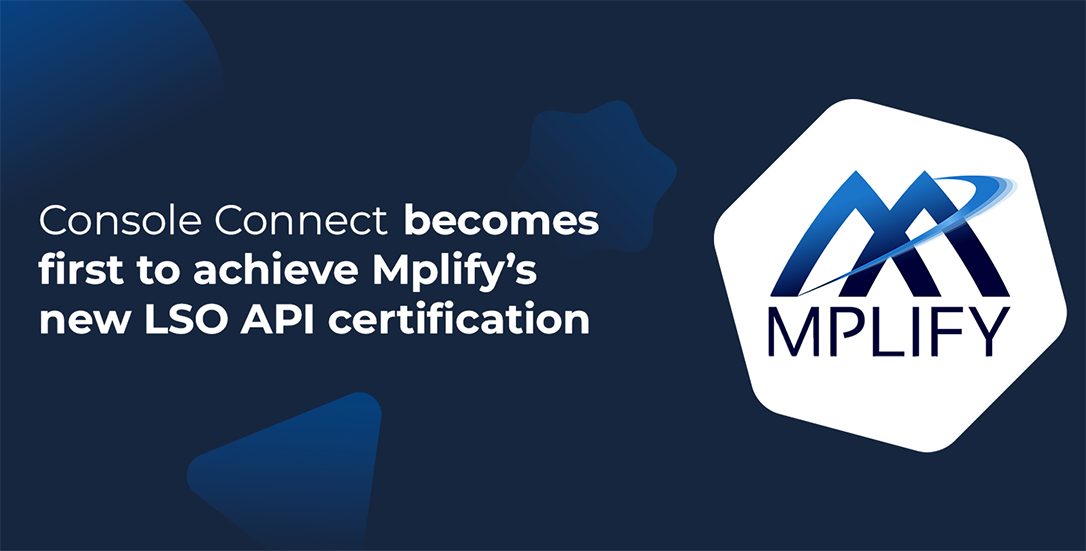
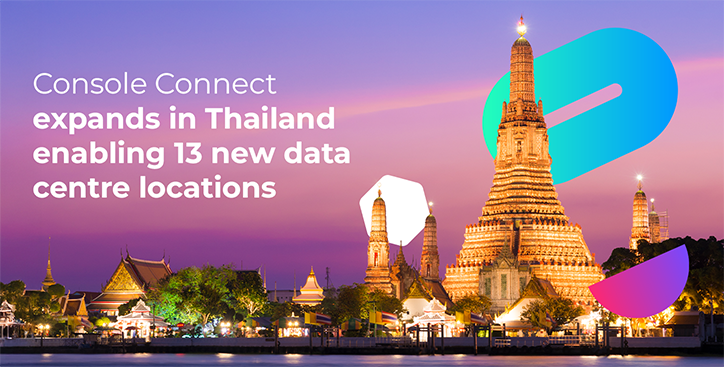
.jpg)